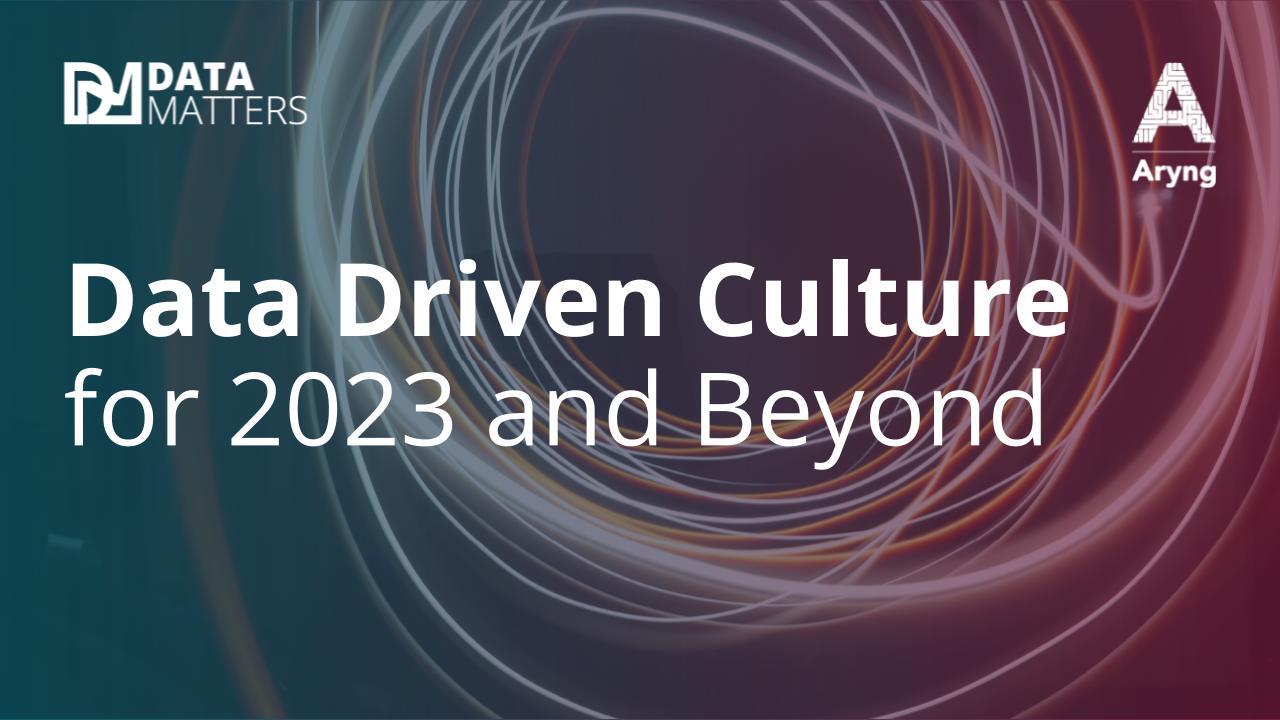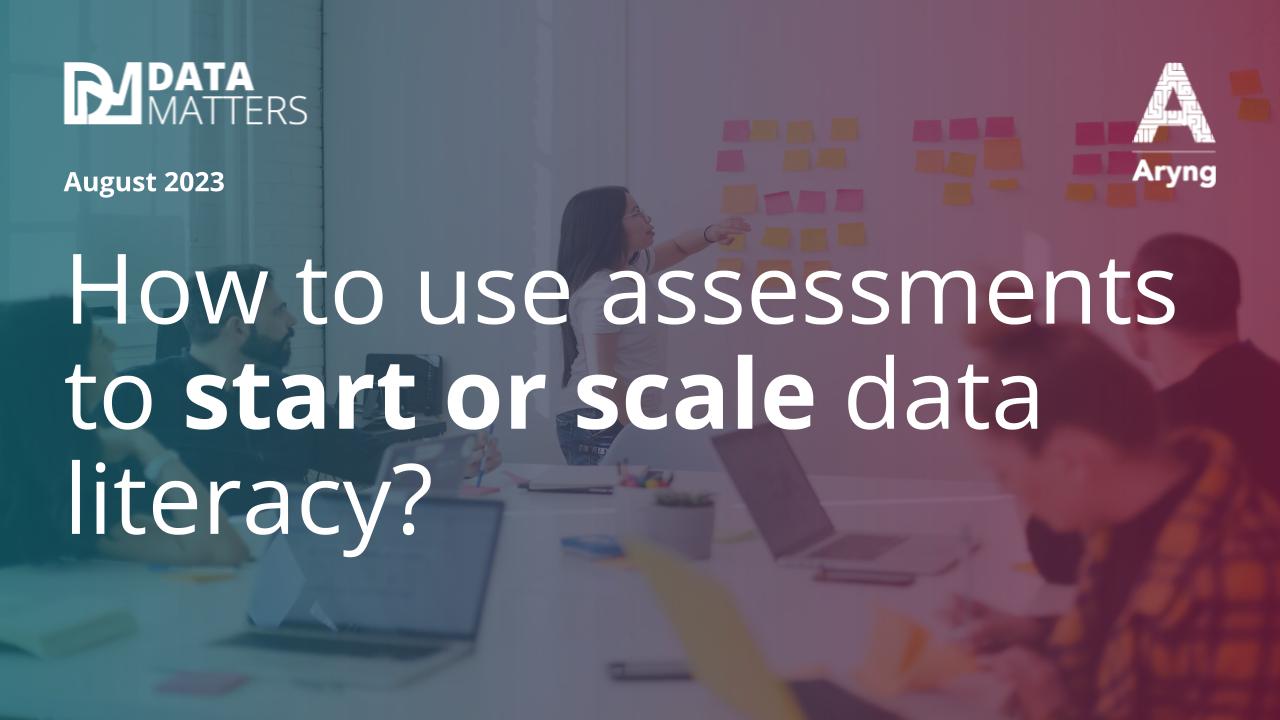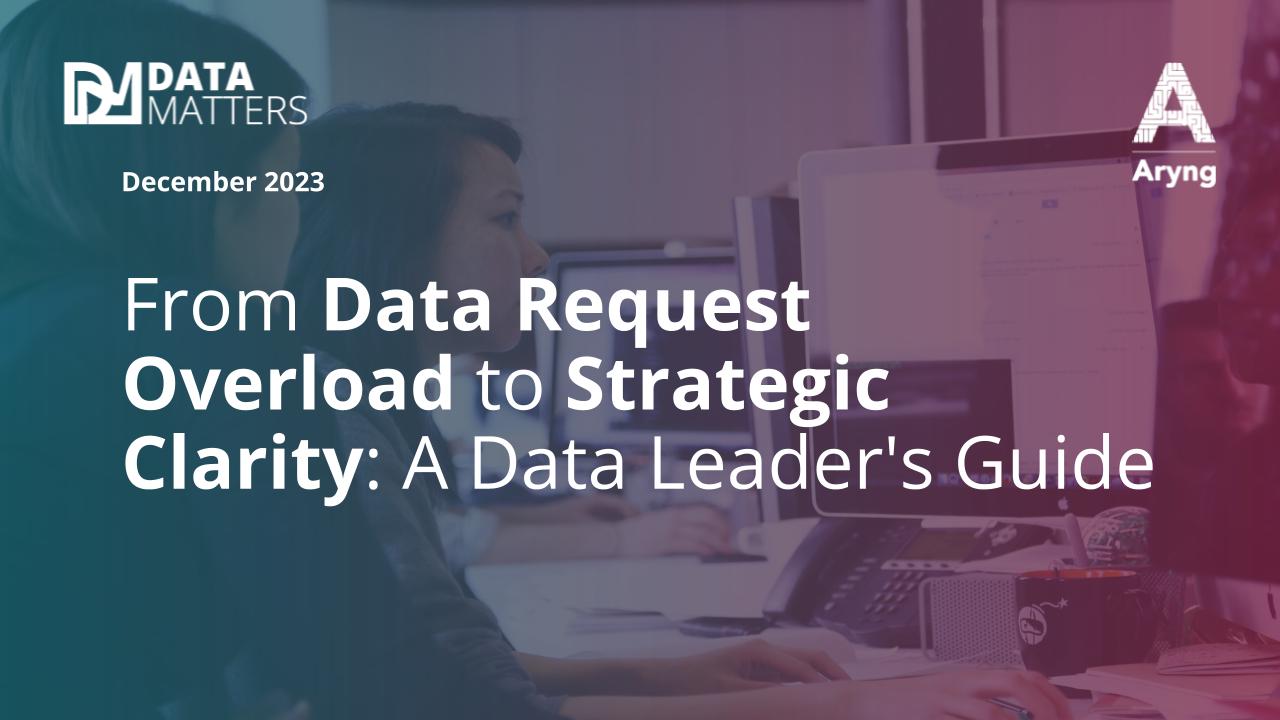Antonio Neri, the CEO of Hewlett Packard Enterprise, had said in 2019 that “Data is the new currency”. Neri had seen how companies were evolving with data. This digital transformation is still underway and likely to continue. With data being equivalent to currency, data security has become a critical aspect for companies to focus to protect their data.
Data security – a part of data maturity – is a set of processes used in protecting data from unauthorized access and corruption. This includes protection against ransomware attacks that can encrypt or destroy data as well as those that can modify or corrupt your data. Data security also ensures that data is available to all employees of a company who have access to it.
Why is data security important?
Data security is important to public and private companies for a number of reasons. One of the basic things is the legal obligation organizations have to protect customer data. This becomes a part of data governance and compliance.
Companies dealing with financial transactions are at a higher risk of a security breach. If data of their users and customers fall into the wrong hands, the financial details of many citizens would be compromised. Hence, it becomes absolutely necessary for them to strictly adhere to data security guidelines.
Even if an organization does not primarily deal with financial transactions, a data breach can damage their reputation adversely affecting their customer base. Financial and legal consequences may follow that breach.
The CIA Triad
There are three elements of data security that companies should follow in order to protect their data – confidentiality, integrity And availability. This is also referred to as the CIA Triad.
- Confidentiality ensures that data is only accessible by authorized individuals
- Integrity ensures that data is protected from unauthorized changes so that it is reliable
- Availability ensures that authorized users that users have access to the systems and the resources they need.
Also read: A data-driven culture requires analytics-trained team
Data Security solution and techniques
There are various technologies businesses can use to improve data security. Organization can significantly enhance their security by using a combination of different methods and techniques. However, it is important to note that these methods are not the final solution as security threats evolve. Companies need to continuously put in an effort to better their system and improve security based on developing threats.
- Data Masking: This allows companies to hide information by obscuring letters and numbers with proxy characters. It effectively masks key information even if an unauthorized individual gains access to it. The data reverts to its original form only when an authorized user gets it.
- Data Encryption: This allows organizations to convert readable data into an unreadable encoded format. It provides protection across mobile, cloud, and big data environments.
- Identity and Access Management: It is a process that allows organizations to manage digital identities. IT administrators can control user access to sensitive information within an organization.
- Data erasure: Companies need to dispose of their data regularly and systematically. In this method, companies can use software that completely overwrites data. These software are more secure than standard data wiping, ensuring that the erased data is unrecoverable.
- Data Security Audits: Businesses should conduct security audits every few months. This will allow them identify vulnerabilities across the organization.









